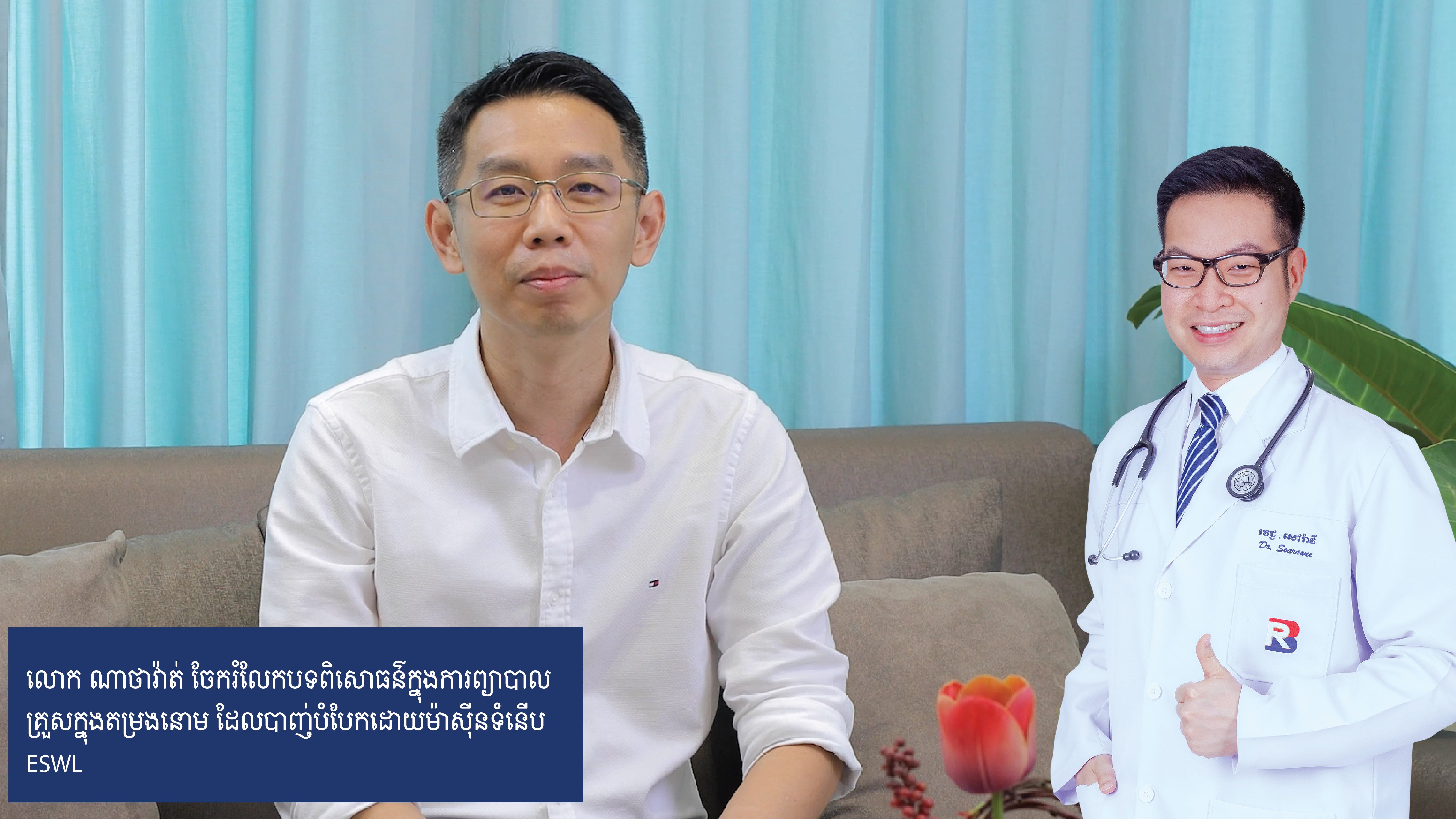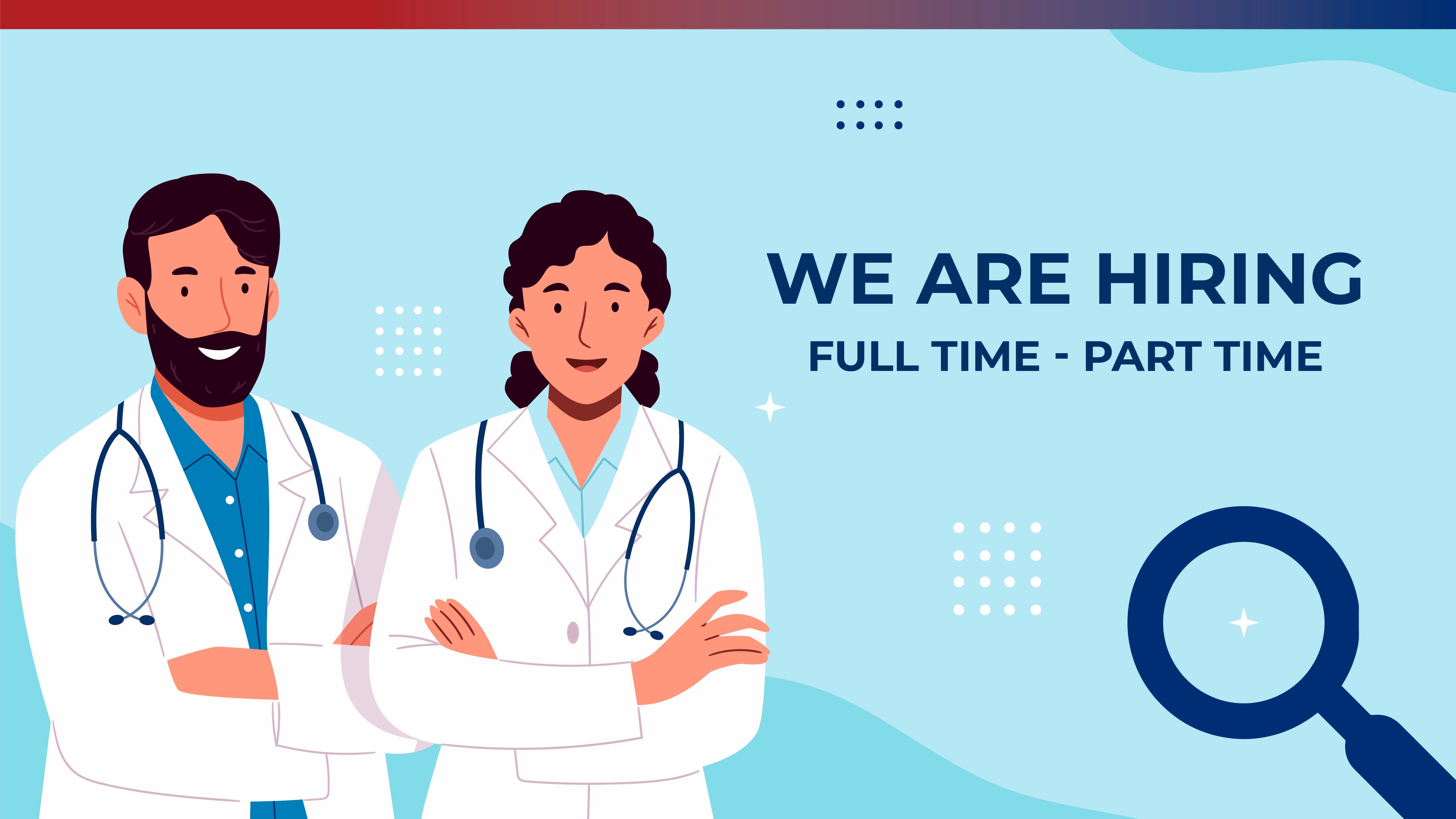Overcoming Fear And Taking Charge Of Your Mental Health During The COVID-19 Crisis
Amidst the global crisis of COVID-19 pandemic, the novel coronavirus, in addition to its health-related impacts on a large number of populations across the world, has disrupted the lives of millions more. The restriction of social practice has widely generated limitations on day-to-day life, leading to national mental health crisis worldwide. Fear and anxiety about the COVID-19 pandemic can be overwhelming, resulting in strong emotions and reactions. In fact, the feeling of being stressed can be naturally triggered by this critical event that makes people feel frustrated or nervous. Anxiety is a feeling of fear, worry or unease. During the crisis of COVID-19, stress and anxiety are appropriate responses to a threat in order to raise awareness, allowing people to carefully manage the given situation. Nevertheless, people respond to the pandemic differently depending on their personal background. Some people have been getting overwhelmed and extremely stressed due to the consumption of excessive information, perhaps obtained from unreliable sources. Some have completely ignored all updates on the current situation while some have developed mental illness without being noticed. However, during this circumstance, a large number of people can manage their stress and anxiety properly. A number of studies have confirmed that certain factors, both internal and external ones play a major role in human’s ability to handle stress.
Get To Know Stress And Anxiety
The power of patience acts as a vital element to cope with stressful situations. Owning to fear and anxiety often occur concurrently and symptoms typically overlap, these terms are interrelated. A person’s experience with these emotions differs based on their context. A key difference between fear and anxiety rests in the nature of the threat, as well as the physiological elements during experiencing these conditions. Fear relates to a known or understood threat, whereas anxiety follows from an unknown, unexpected or poorly defined threat. In other words, fear is the result of a real threat or impending danger and anxiety is the result of a perceived threat or anticipation of future threat. Naturally, fear and anxiety are normal reactions to the stress especially when people have to deal with crisis moments or unprecedented events. Fear or anxiety result in the expression of a range of adaptive or defensive behaviors. During the pandemic of COVID-19, fear and anxiety should not be concealed since it might potentially lead to chronic stress, putting people at greater risk of developing mental illness.
The fight-or-flight response is a physiological reaction that occurs in response to a perceived harmful event, attack, or threat to survival especially when fear or anxiety happens. The fight-or-flight response prepares the body for fast-paced action. Whether people choose to flee or fight, their body will need all of its resources. This evolutionary response is triggered by the release of hormones epinephrine (adrenaline) and cortisol into the bloodstream. These stress hormones cause several physiological changes in the body, including an increase in heart rate and blood pressure. During experiencing the fight-or-flight response, people develop palpitation described as having a fast-beating, fluttering or pounding heart and tachypnea or rapid breathing, resulting in discomfort, tightness and unrelaxed feeling. Other changes that take place in the body also include chest discomfort, nausea and vomiting, dizziness, vision impairment and numbness or tingling in the certain parts of the body. Most of the time, these symptoms concurrently and rapidly happen. People often mistake these stress-induced abnormalities for other serious diseases, such as cardiovascular, neurological and gastrointestinal diseases.
During the crisis, these reactions might occasionally happen from time to time. After the critical moment ends, these reactions are supposed to become diminished. On the contrary, if these reactions have unpredictably continued without control, it can result in impaired mental health that largely interferes with daily life and activities. Getting overconcerned with health status, well-being, foods, hygiene and safety lead to a high degree of difficulties faced in daily life. Anticipation of uncertain future threats or danger substantially induces panic attack. A panic attack is a sudden episode of intense fear that triggers severe physical reactions when there is no apparent cause or real danger. In spite of the fact that panic attacks can be very frightening, stress reduction plays a vital role in panic prevention. To cope with stressful situation, a one-size-fits-all approach might not be able to apply since everyone deals with stress and anxiety in different ways. General statements such as “do not worry and stay relaxed” might not be a practical advice in this critical time. In point of fact, it might sound unrealistic and impracticable, indicating less concern of this matter.

Cognitive Behavioral Therapy (CBT)
Cognitive behavioral therapy (CBT) is an effective tool to help anyone learn how to better manage stressful life situations. Cognitive behavioral therapy identifies the linkages of thoughts, emotions and behavior. This directive and structured approach aims to alleviate distress by helping patients to develop more adaptive cognitions and behaviors. It is widely used to treat a variety of mental health disorders. In regularly scheduled CBT sessions, the patients freely talk about their thoughts and feelings surrounding a troubling aspect of their lives. To react to the stress, it is believed that there are 3 main elements involved. Stress levels, therefore, are empirically determined by these factors:
- Feelings:
Sometimes people experience intense anger that spirals out of control and they want to explode with anger by yelling or screaming. Due to different individual personality and personal context, some people do not express their anger, allowing anger suppression to take place instead. Anger suppression can naturally happen from time to time but it should not occur too often. Anger that is not appropriately expressed can disrupt relationships. More importantly, suppressed anger can be an underlying cause of anxiety, depression and other forms of mental problems. To maintain healthy mental status, rather than felling suppression, emotional awareness to recognize and being aware of feelings is essentially vital. After emotional recognizing, the next step is to accept the truth that it actually happens and emotional hiding or concealment is not advised. In certain circumstances, failures might come inevitably even though the best efforts have been put. Accepting the truth can eventually lead to appropriate decision making and problem solving based realistically on what has happened.Achieving high levels of emotional awareness means that people can learn from their feelings quickly. For example, if you feel sad, you can reflect on why this is so and make decisions or take actions that then help mitigating the grief. It also refers to ability to predict emotions in advance. Even though it may sound simple but it is very challenging to succeed without continual practice. For example, some drivers on the news were short-tempered and unable to manage their anger after other drivers overtook the cars, resulting in fatal fights on the roads which should not have happened if the drivers could have be aware of and managed their intensifying anger. In addition, certain physical appearance might be a part of mental distress and becoming a trigger factor for chronic stress. There are several approaches used by psychiatrists, psychologists and therapists to alleviate mental problems. Nonetheless, selected treatments widely vary among individuals, depending on personal thoughts, behaviors and related conditions.
- Cognition:
Cognition is described as the mental action or process of acquiring knowledge and understanding through thought and experience. Positive thinking has gained popularity since it is a mental attitude in which people expect good and favorable results. In other words, positive thinking is the process of creating thoughts that create and transform energy into reality. However, positive thinking might not be practically applicable during this critical moment. In fact, it often works in steady and unharmed circumstances. Amidst the crisis, neutral thinking with absence of negativity is preferably advised in practice. In case that patients express their fear, psychiatrists further analyze the cause, pattern and intensity of fear. Subsequently. psychological advices can be made in order to eradicate their fear or unwell feelings accordingly. If the cause of fear is induced by previous experiences or personal appearance, psychiatrists can help to overcome negativity without forcing unnecessary positive thoughts to the patients.
-
Behavior:
Even though behavior is a key determinant of people’s mental health, behavioral changes are often overlooked due to negligence and lack of inspiration. To conquer terrible sense of sadness, grief, loss or disappointment, some people might need a lot of time, from weeks up to years, to understand and accept the truth. Time is precious, the more time we waste, the less happiness we get.
Since emotions and thoughts are primarily influenced by surrounding environment and day-to-day activities, if people have experienced an excess of stress or critical moment, lifestyle modifications are highly required. For instance, if you could sense that you are becoming overwhelmed by the updates on COVID-19, excessive consumption of news on the pandemic must be avoided. If necessary, checking updates only once a day is sufficient to prevent overwhelming feelings. If feeling bored, it is helpful to take a break by doing other interesting hobbies or new activities. Hearing about the pandemic repeatedly can be upsetting. In fact, sharing accurate information obtained from reliable resources can make an pandemic less stressful.
Reactions caused by stress which is not properly managed can largely impair quality of life e.g. lack of capability for enjoyment, hopeless, having low self-esteem and losing in interest or pleasure in usual activities. Making small changes help fighting against these reactions. The first step is to slightly alter the goals that have been formerly determined. For example, you could run continuously for 45 minutes in the past, if the given situation does not allow you to resume your previous capability, you may try to reduce the duration to 10 minutes. During the beginning phase, only small goal should be set, enabling yourself to be motivated. The next goal can be then gradually changed if the former one is successfully accomplished. It is noteworthy that your current personal goals must not be compared with the previous ones or other people’s goals. Support from families and friends substantially help improving behavioral adjustment, resulting in less time consumption and bringing back happy life.







